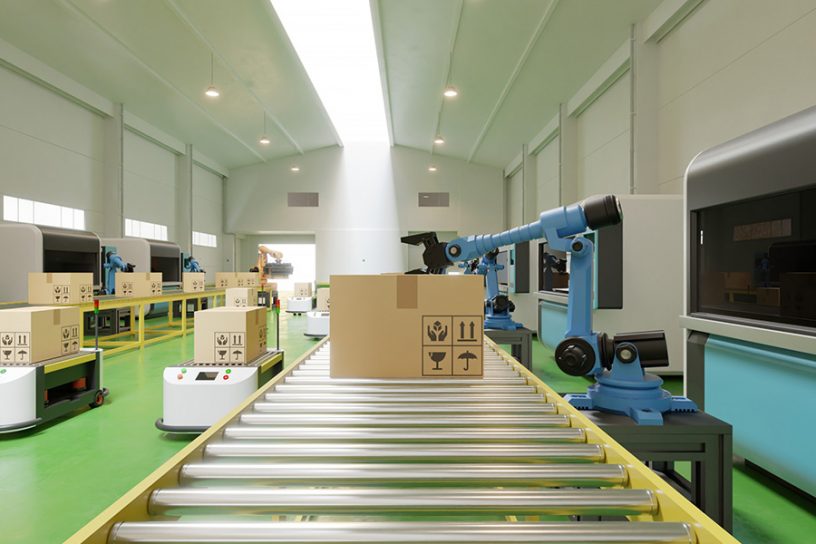
The study augments the prior literature by developing a conceptual framework that elucidates the coexistence of numerous paradoxes and coping mechanisms in the servitisation journey.
Authors
Sanjay Chaudhary, Associate Professor, Jindal Global Business School, O.P. Jindal Global University, Sonipat, Haryana, India.
Amandeep Dhir, Department of Management, School of Business & Law, University of Agder, Kristiansand, Norway; Jaipuria Institute of Management, Noida, India; Optentia Research Focus Area, North-West University, Vanderbijlpark, South Africa.
David Gligor, Professor and G. Brint Ryan Endowed Chair of Logistics and Supply Chain Management, University of North Texas; 1155 Union Circle, Denton, Texas, USA.
Sher Jahan Khan, Vijay Patil School of Management, DY Patil University, Mumbai, India.
Alberto Ferraris, Department of Management, University of Torino, Italy; Research Fellow of the Laboratory for International and Regional Economics, Graduate School of Economics and Management, Ural Federal University, Russia; Faculty of Economics and Business, University of Rijeka, Croatia.
Summary
Servitisation is conceptualised as product manufacturers’ transition towards bundling products and services to offer customers enhanced value. Scholars have raised concerns regarding the potential challenges that firms face during servitisation, often termed servitisation paradoxes. Limited studies have explored the paradoxes experienced during the servitisation journey and the associated coping mechanisms.
We utilise the open-ended essay methodology to unravel various paradoxes and coping mechanisms to address the gap. We collected data in two stages—from 69 participants in the first stage and 32 in the second stage.
The study’s findings reveal three broad paradoxes: the paradox of organising (autonomy and control, efficiency and flexibility, formal and informal information flow, and employee and customer needs), the paradox of learning (prior knowledge and new knowledge), and the paradox of performance (short-term and long-term performance).
In addition, we identify four coping practices: change management, open communication, training programmes and digitalisation. The study augments the prior literature by developing a conceptual framework that elucidates the coexistence of numerous paradoxes and coping mechanisms.
Published in: Industrial Marketing Management
To read the full article, please click here.


